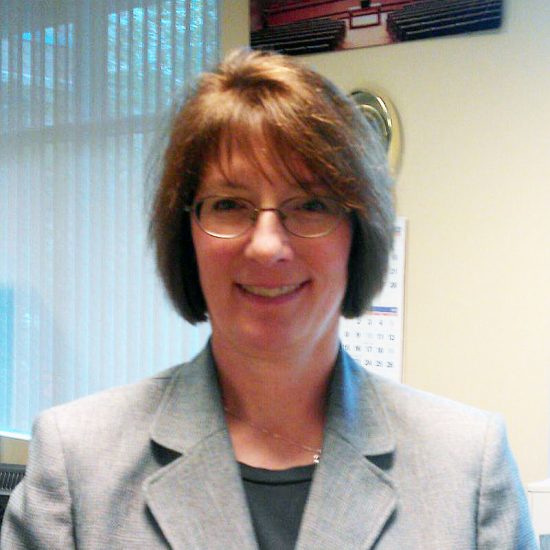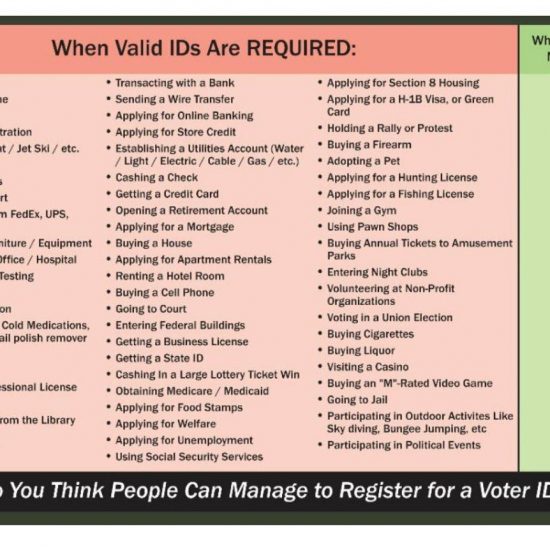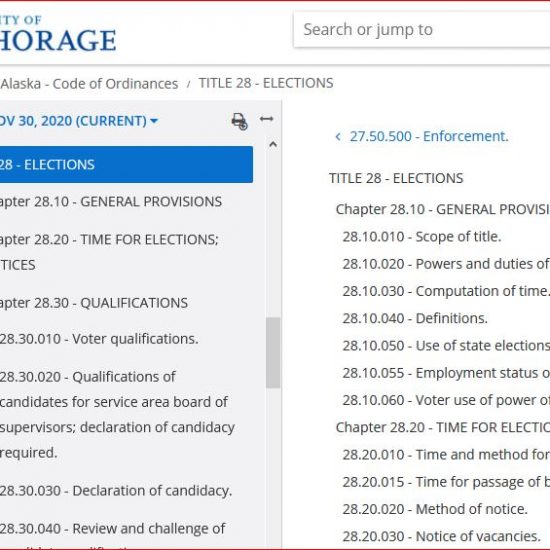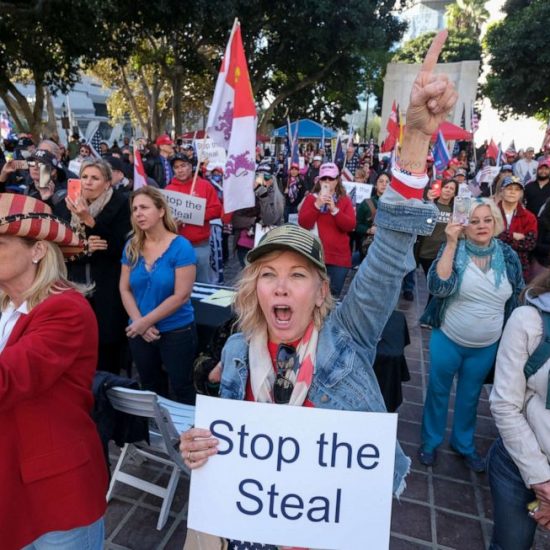By Erick Cordero Giorgana
Looking at recent census data, the Hispanic population in Alaska is over 40,000 or about 6% of the general population. It is a low number when compared to the national average of 16%. However, when it comes to elections in Alaska, every single vote counts and Alaskans know that one or two votes can make the difference.
National candidates have spent considerable amounts of campaign funds reaching out to the Hispanic population. From social media, to radio and TV ads; they have pulled all the stop signs trying to get the Hispanic vote. For example, in 2013, gubernatorial candidate from New Jersey, Chris Christie, received 51% of the Hispanic vote after a big effort from his re-election campaign to reach out – almost 20% higher support than that of his previous election. Connecting with and appealing to Hispanics, a pool of over 23 million eligible voters according to the Pew Research Center, has been a steadily growing trend among Republican and Democratic candidates on the national stage.
The majority of Hispanics in the country are U.S. born or naturalized citizens, permanent residents, or refugees. According to the Pew Hispanic Research Trends Project, about 48% of Hispanics are U.S. born. A survey by that same agency showed that Hispanics are more socially conservative on issues like abortion, but more liberal on issues like same-sex marriage. The results also indicated that U.S. born Hispanics (30%) identified themselves as liberal in contrast with foreign-born Hispanics who identified themselves as conservatives (35%).
The majority of Hispanics in Alaska are concentrated within the Municipality of Anchorage; over 22,000 according to the most recent Census numbers. It is difficult to pinpoint how many Hispanics are eligible voters in Alaska, but despite that, some Alaskan candidates have tried to reach out to that community during campaign season.
Previous attempts by candidates have included ads directed to the Hispanic community in Anchorage through Telemundo; one of the major Spanish-language television broadcasting stations that can be viewed in Anchorage, or by participating in one of several forums that leaders in the Hispanic community have hosted over the years. Former U.S. congressional candidates Diane Benson, Ethan Berkowitz, Gabrielle LeDoux and Sean Parnell participated in one such event back in 2008. Senators Mark Begich and Lisa Murkowski have also made it a custom to participate in Hispanic-sponsored events when they are not working in their Washington D.C. offices.
During the Anchorage mayoral race of 2010, one of the candidates used large signs in Spanish that featured a local Hispanic community member to show his or her support of that candidate. State Representative Gabrielle LeDoux had a Spanish version of her website during her State House race.
In the current campaign cycle, the Mead Treadwell U.S. Senate campaign has plans to organize events with the Hispanic community. Attempts to contact the Dan Sullivan and Joe Miller U.S. Senate campaigns went without success, but it is possible that these campaigns will also reach out for the Hispanic votes. Democrat incumbent U.S. Senator Mark Begich has, and will continue, to reach out to the Hispanic community in Alaska in his re-election effort.
Does the Hispanic vote really matter in Alaska? Despite the low numbers of Hispanics living in Alaska, and the low turnout in elections, recognition every single vote counts has made it a fruitful demographic target by candidates. As seen by previous and current campaigns that have attempted to attract the Hispanic vote, and the increasing local polling trend in the Hispanic population, it would not be a surprise to see more campaigns reaching out to the Alaskan Hispanic community.











